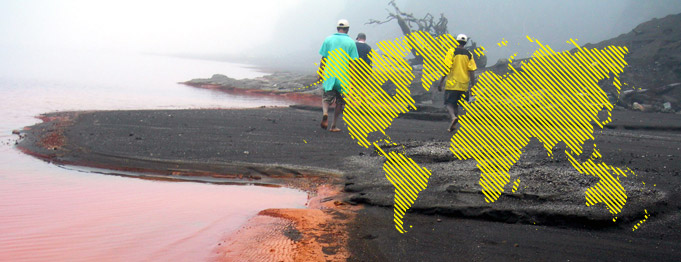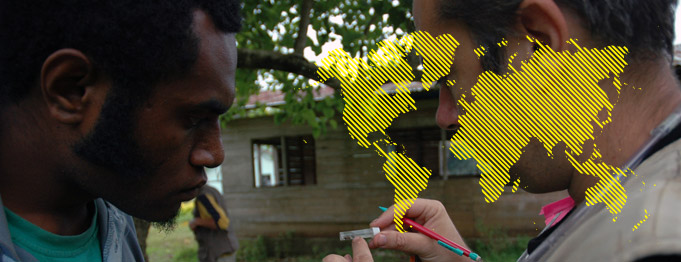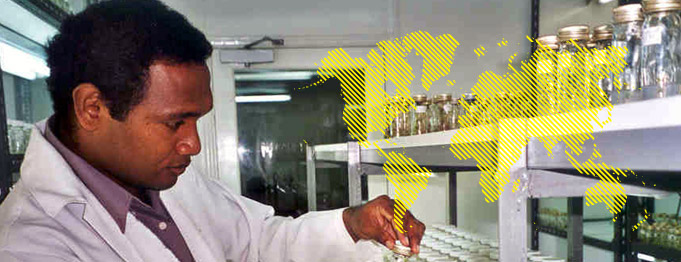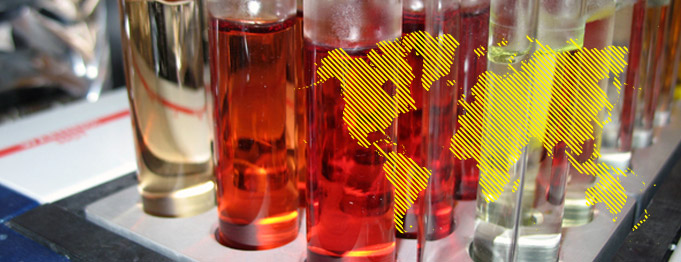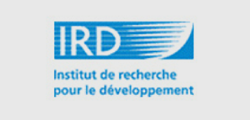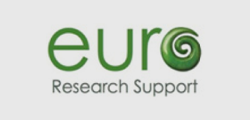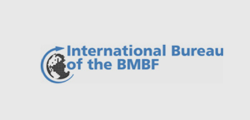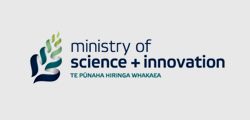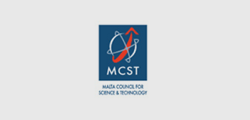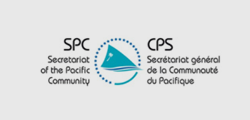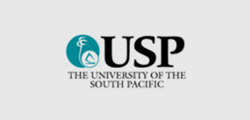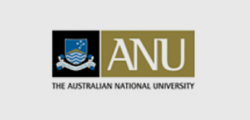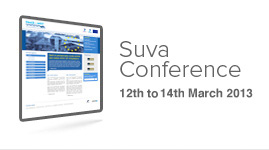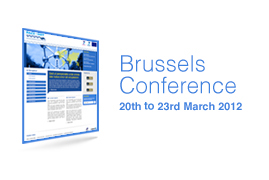Collective Action Needed to Respond to Climate Changes and to Better Manage Marine Resources
The first of a series of three under the PECC International Project on marine resources (2011-2012), 'Oceans at Risk: Protection from the ocean to the coast, sharing marine resources' took place in Noumea, New Caledonia on 22-24 November 2011. The seminar brought together academics, scientists, policy-makers, and business executives to discuss and examine the consequences of climate change on oceans, exploitative versus responsible usage of marine resources as food, energy, and goods, treatment of solid and liquid waste in coastal areas, as well as ways to achieve sustainable management of biodiversity in and around the oceans. Case studies from different economies, best practices and innovative approaches were shared at this seminar.
The Chair of France Pacific Territories committee for PECC and former prime minister of France, Michel Rocard urged that it was important to reinforce the message to the international community that global warming is an imminent threat to international security and well-being. Scientists and academics gathered also agreed that it was desirable that research funding and investments on data-gathering be secured on a long-term basis and that more could be done to raise awareness through vigorous public education and local community outreach.
Key recommendations emanating from the seminar included the following:
- Increase solidarity among the Pacific economies - Taking into consideration compatibility with local communities as well as inter-governmental cooperation;
- Adopt a new form of governance to improve the management of coastal areas and marine resources - Responsible management and control of resources and clean water; increased cross-sectoral cooperation and transparency; better management of the competing interests of land and water usage;
- Enhance capacity-building with innovation and education - Appropriate technology transfer and knowledge-sharing (long-term funding, investments needed to deepen research and data-gathering capabilities);
- Diversify options for food security (e.g. aquaculture, freshwater and microalgae farming).
Seminar One: Oceans at Risk - Protection from the ocean to the coast, sharing marine resources (November 2011)
Program agenda and presentations available for download
Seminar Two: Oceans as a Source of Renewable Energy and the Management of Ocean's Natural Resources (last week of March 2012)
Seminar Three: Oceans as a Means of Communication and the Effects of Tourism (November 2012, TBC)


